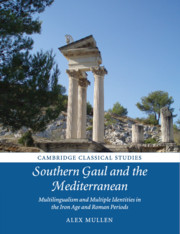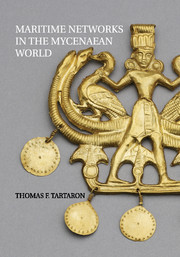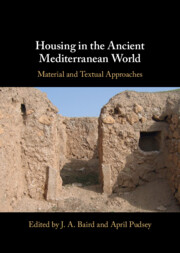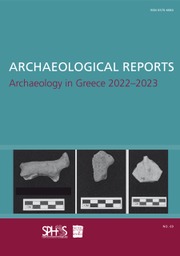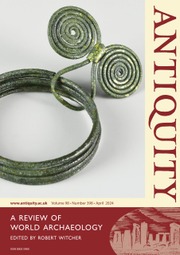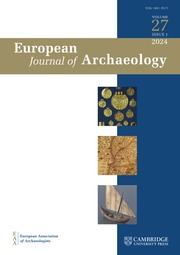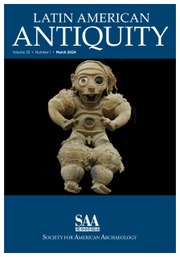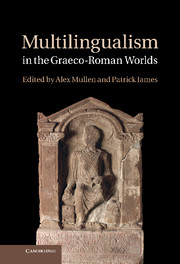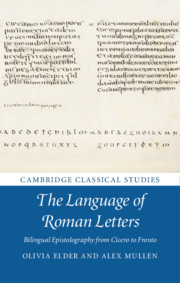Southern Gaul and the Mediterranean
The interactions of the Celtic-speaking communities of Southern Gaul with the Mediterranean world have intrigued commentators since antiquity. This book combines sociolinguistics and archaeology to bring to life the multilingualism and multiple identities of the region from the foundation of the Greek colony of Massalia in 600 BC to the final phases of Roman Imperial power. It builds on the interest generated by the application of modern bilingualism theory to ancient evidence by modelling language contact and community dynamics, and adopting an innovative interdisciplinary approach. This produces insights into the entanglements and evolving configurations of a dynamic zone of cultural contact. Key foci of contact-induced change are exposed and new interpretations of cultural phenomena highlight complex origins and influences from the entire Mediterranean koine. Southern Gaul reveals itself to be fertile ground for considering the major themes of multilingualism, ethnolinguistic vitality, multiple identities, colonialism and Mediterraneanization.
- Adopts an interdisciplinary approach integrating linguistics and archaeology, which have traditionally been compartmentalised
- Avoids traditional spatial, temporal and disciplinary divisions, thereby permitting an appreciation of developments across traditional boundaries
- Presents the latest finds and new databases (for example the script forms of Gallo-Greek, Greek inscriptions of France and inscriptions of Glanum), providing a valuable resource for scholars
Reviews & endorsements
'Scholarly studies of Gaul are not readily available in English, so this work provides a plethora of material (also detailed in tables and appendixes) for students to digest.' Choice
Product details
April 2019Paperback
9781108718424
475 pages
250 × 190 × 28 mm
0.93kg
31 b/w illus. 5 maps 13 tables
Available
Table of Contents
- Part I. Multilingualism and Multiple Identities: Interdisciplinary Methodologies:
- 1. Multiple voices
- 2. Language contact and community dynamics
- 3. Bilingual texts and community dynamics
- 4. Scripts as indicators of contact
- 5. Names as indicators of contact
- Part II. Multilingualism and Multiple Identities in Southern Gaul:
- 6. Gallia in Graeciam translata? Investigating Gaulish-Greek linguistic contacts
- 7. 'La Celtique méditerranéenne'? Investigating the influence of the Mediterranean koine
- 8. 'D'où rayonna en Occident la civilisation'? Investigating the loci of cultural change
- 9. Being Greek, becoming Roman, staying Celtic? Ethnolinguistic vitality from the Augustan period
- 10. Conclusions
- Appendices.

